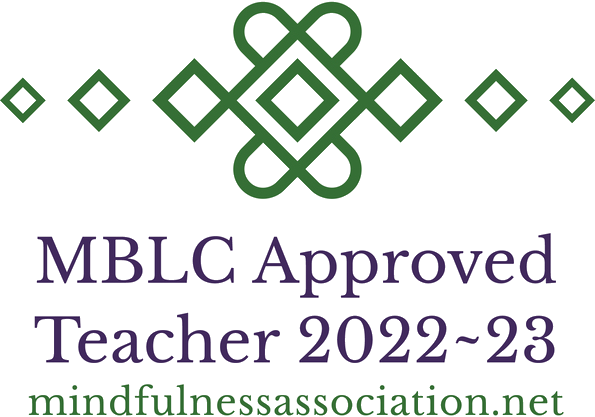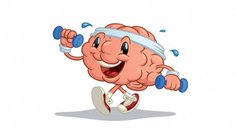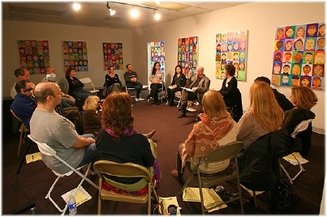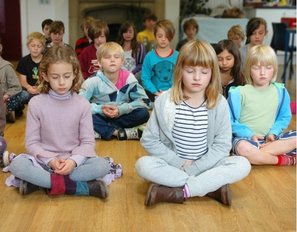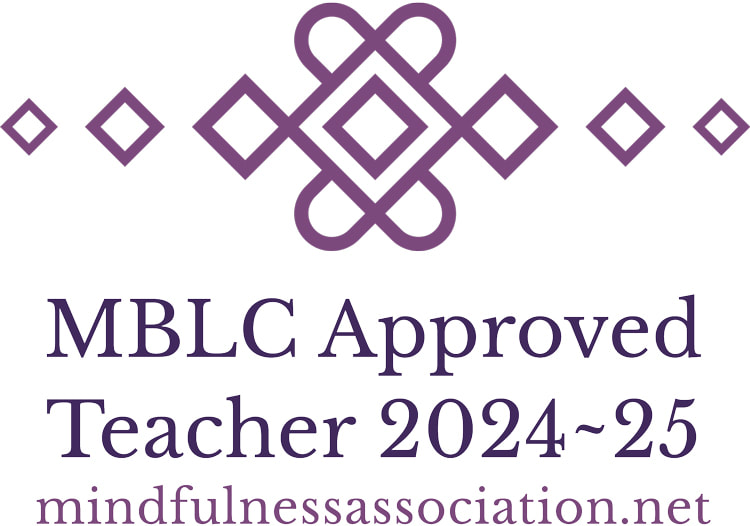Welcome
|
Peer 2 Peer Mindfulness is helping adults and children create an enriched quality of life with more happiness, joy, harmony and peace of mind.
Mindfulness achieves this by helping us to be aware of the beauty in each present moment, instead of ruminating about the past or anxiously worrying about the future. Numerous studies into Mindfulness have shown it can bring calmness to our minds, increase resilience, and improve our emotional well being. Mindfulness is now used extensively in business, hospitals, prisons, courtrooms, schools and universities and can be practiced by anyone at any time. We practice mindfulness by maintaining a moment-by-moment awareness of our thoughts, feelings, bodily sensations and the surrounding environment. Mindfulness also involves non-judgement, meaning that we pay attention to our thoughts and feelings with the attitude of an impartial witness — without believing them or taking them personally. Jon Kabat Zinn defines mindfulness as: "Paying attention in a particular way: on purpose, in the present moment, and non-judgmentally." |
|
The benefits of mindfulness:

2. Improve physical health
If greater well-being isn’t enough of an incentive, scientists have discovered the benefits of mindfulness techniques help improve physical health in a number of ways. Click on the links below to read a study showing that Mindfulness can:
♥ help relieve stress
♥ treat heart disease
♥ lower blood pressure
♥ reduce chronic pain
♥ improve sleep
♥ alleviate IBS difficulties
If greater well-being isn’t enough of an incentive, scientists have discovered the benefits of mindfulness techniques help improve physical health in a number of ways. Click on the links below to read a study showing that Mindfulness can:
♥ help relieve stress
♥ treat heart disease
♥ lower blood pressure
♥ reduce chronic pain
♥ improve sleep
♥ alleviate IBS difficulties
